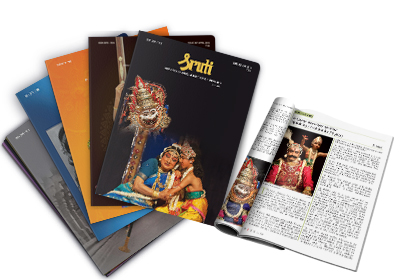
Asgari Bai
Asgari Bai broke through the male bastion in Hindustani classical music by becoming one of the few accomplished female Dhrupad singers among several contemporaries adept at khayal and thumri. She added dhrupad to her already wide repertoire of semi classical and folk music. Using a curious combination of chaiti, kajri and thumri, she performed these along with dhrupad compositions at many concerts. Her skill and confidence drew great appreciation from a large number of admirers.
Born in 1918 in Bijawar, Chhatarpur district in Madhya Pradesh, Asgari Bai’s earliest memories were of her mother Nazir Begum’s performances as a court singer for the erstwhile princely family of Bijawar and her grandmother Balayat Bibi’s presence at the Ajaygarh royal court. She acquired extraordinary expertise to reign as court singer to the Orchha dynasty of Bundelkhand in central India, and received invitations from other royal families spellbound by her talent. After her training under the watchful guidance of Ustad Zahur Khan, her capacity and versatility in presenting a fusion synthesis of many ragas and talas, helped develop a unique singing style.
While she continued to regale the world of art and connoisseurs of music for many years even after India’s independence, her personal life went through much turmoil. Frequent squabbles among family members for awards and government grants totally anguished her and took a toll on her health.
Though many awards and accolades came her way – Padma Shri, Sangeet Natak Akademi award, Tansen Samman and Sikhar Samman—she wanted to return or sell the honours if she could maintain her by restoring harmony to her family.
She died in August 2006 in Tikamgarh, Madhya Pradesh at the age of 88, forlorn and long forgotten, battling various illnesses in the last years of her life. What she has left behind is a widely enriched world of Hindustani classical music and vibrant and everlasting memories of her mastery as one of the last maestros of dhrupad.


